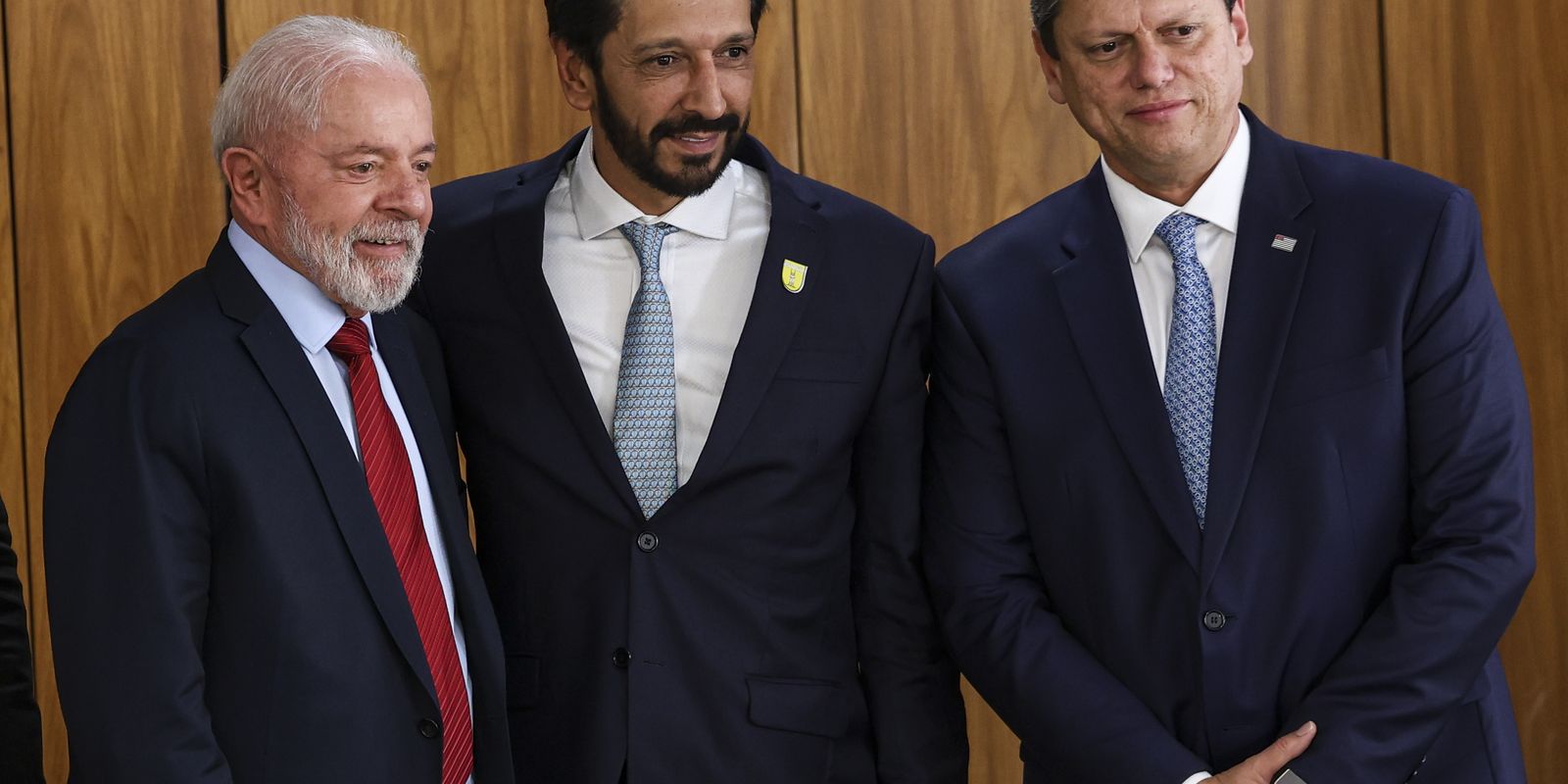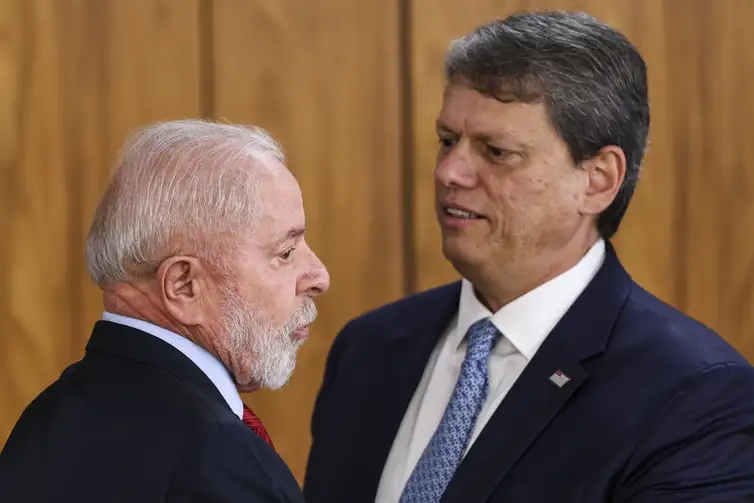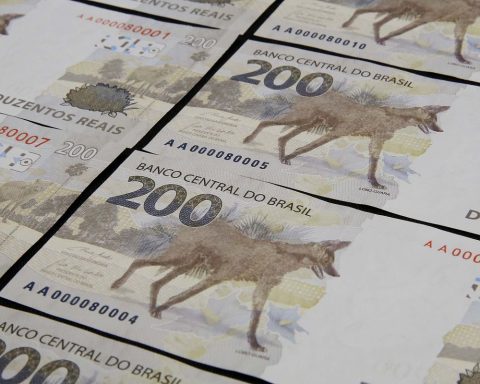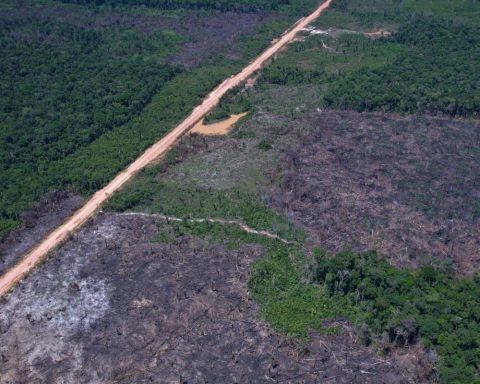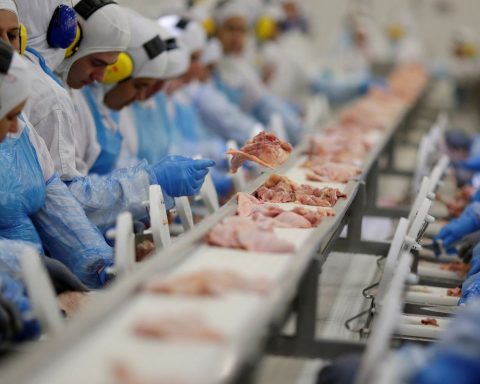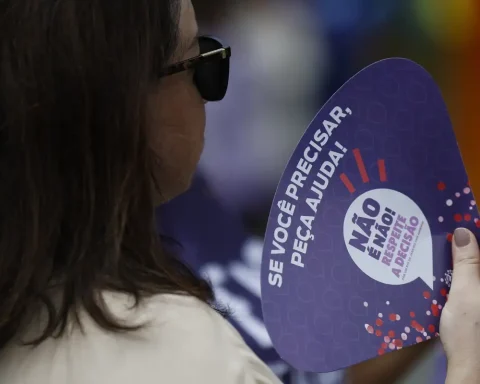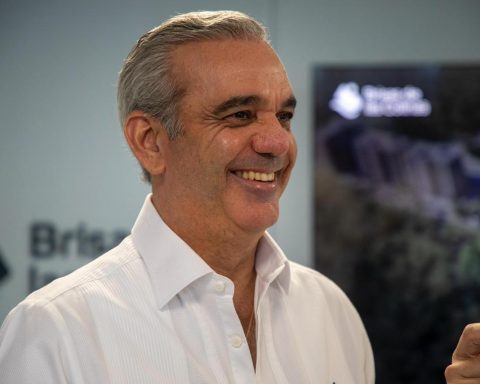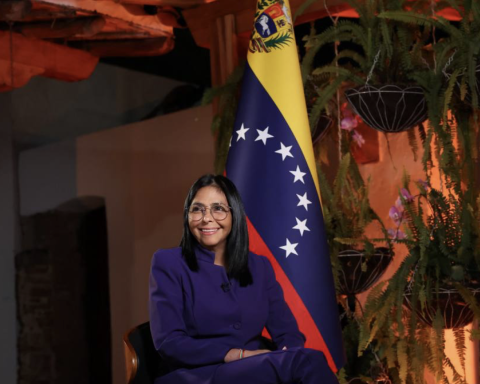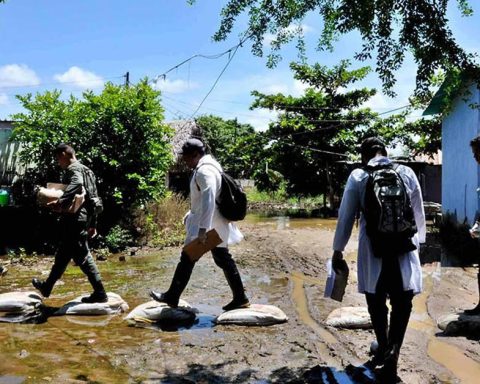The National Bank for Economic and Social Development (BNDES) signed, this Friday (29), with the state of São Paulo and the city hall of the capital of São Paulo four financing contracts for infrastructure and mobility works, totaling R$ 10.65 billion. The actions are part of the New Growth Acceleration Program (PAC) and involve the expansion of the subway, purchase of electric buses, construction of a section of the Rodoanel and works for the new intercity train that will connect São Paulo to Campinas.
According to the president of BNDES, Aloysio Mercadante, in the last 10 years, the bank financed only R$23 billion for São Paulo. “It’s a huge effort [a assinatura dos atuais contratos]. It’s practically half of what we had in 10 recent years,” he said at a ceremony at Palácio do Planalto in the presence of President Luiz Inácio Lula da Silva.
“This is only possible because you [presidente Lula]in addition to being a great Democrat, and has demonstrated this throughout her life, she has a deep commitment to the republican pact. It is not easy to have a president and a vice-president, who were threatened with deathfrom a coup d’état and everything we have seen recently, maintain the same attitude of commitment and respect for the popular vote, with those who are elected, a PAC that deals with all mayors and governors in Brazil. This is how we are going to improve this country”, added Mercadante, referring to the partnership with the governor of São Paulo, Tarcísio de Freitas, and mayor Ricardo Nunes, who are from a political group opposing the federal government.
With the City of São Paulo, BNDES signed a R$2.5 billion contract for the acquisition of 1,300 nationally manufactured electric buses. The mayor of São Paulo, Ricardo Nunes, highlighted the importance of the measure for the goals of combating climate change in the country and the city hall resources that will be available for investment in other actions, as the partnership with BNDES provides for credit with higher interest rates. lows.
“An important fact: 64% of carbon dioxide emissions that are emitted in the city of São Paulo come from vehicles that circulate in São Paulo: 7 million cars and 1.3 million motorcycles. But half of all this carbon dioxide emission comes basically from buses, a city with 12 thousand buses, obviously, the work of replacing this fleet of diesel buses with non-polluting buses. So, we take care of the best quality of transport, the environment, preventing respiratory diseases and taking care of our planet”, said Nunes.
New routes
With the state of São Paulo, BNDES signed a contract to extend Line 2 Green of the Metro, which currently connects Vila Madalena to Vila Prudente and will be extended by 8.2 kilometers. The line will gain eight new stations until the Penha neighborhood, where there will be integrations with Line 3 (Red) and Line 11 (Coral). The extension will require the need for 44 new trains.
The total investment is R$6 billion, with R$3.6 billion for trains and R$2.4 billion in civil works. BNDES financing for the São Paulo government refers to trains and guarantees that they are produced by the national industry. The project is expected to be completed by December 2028 and will serve 1.2 million people daily.
For governor Tarcísio de Freitas, the condition that the trains be manufactured in Brazil is fundamental for generating employment and inducing industry in the country. “A new era is opening in rail transport, in metro-rail transport, with the expansion of the subway, with the expansion of trains, in other words, demand is being created so that we can have the running material industry being reinvigorated here”, he said.
Intercidades
The contract with the state also provides for the intercity train, which will connect São Paulo to Campinas, in an intervention that should benefit 11 municipalities and 15 million people. The total investment is R$14.5 billion, with R$6.4 billion in financing from BNDES to support the São Paulo government’s contribution to the North Axis of the work. The financing was divided into two stages, with the current stage, signed today, worth R$3.2 billion. The second stage, of the same value, will be signed in 2025.
The medium speed train reaches up to 140 kilometers per hour. The express service between the two cities will be 101 kilometers long, with stopping services between Francisco Morato and Jundiaí and connections with intermetropolitan trains and the 7-Rubi line of the São Paulo metro.
“The long-awaited Campinas-São Paulo intercity train […]It will definitely change that axis of development a lot. We will be able to make this journey in 64 minutes when the train is ready”, said Governor Tarcísio, saying that the forecast is that, in 2029, the service with intermetropolitan trains will begin operating. The express service is expected to operate in 2031.
The Rodoanel Mário Covas connects the 12 highways that cross the Metropolitan Region of São Paulo, facilitating traffic, especially trucks, and improving access to the port of Santos. In March 2023, the partnership auction was held public-private of the northern section of the Rodoanelwhich should divert the traffic of around 30 thousand trucks and 54 thousand cars from Marginal Tietê per day. The total investment is R$3.4 billion, of which R$2 billion is earmarked for completion. BNDES financing is R$1.35 billion.
